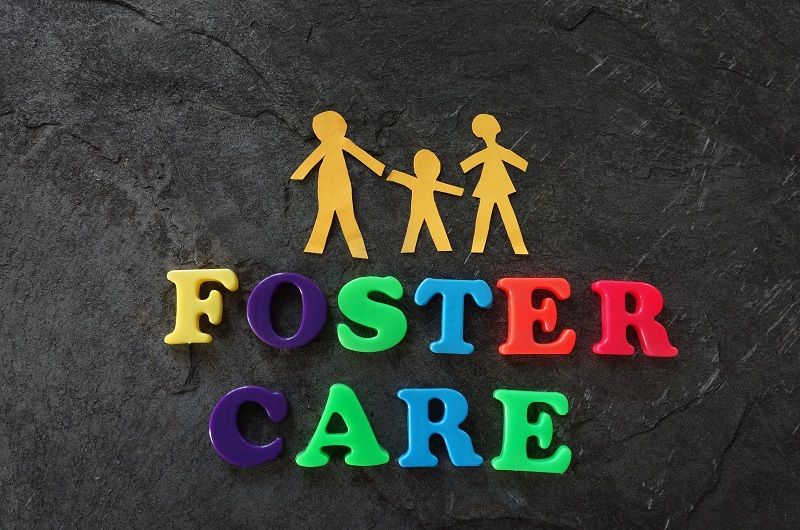The House Interim Committee on Health Care held a lively public hearing and work session yesterday on a proposed Constitutional Amendment which would declare access to health care to be a “fundamental right.” If approved by the February special legislative session, it would be voted on by Oregonians in November.
The key language of Legislative Concept 91 (which became HJR 100 in the special session) reads:
The people of Oregon find that health care is an essential safeguard to human life and dignity and that access to health care is a fundamental right. In order to implement that right, the Legislative Assembly shall establish by law a plan for a system designed to provide every legal resident of the state access to effective and affordable health care on a regular basis.
The hearing started with representatives from Kaiser, Care Oregon and the Oregon Nurses Association testifying in favor of creating this new “fundamental right.”
Then Cascade Policy Institute board member Michael Barton and I testified in opposition. Michael gave the committee a history and philosophy lesson, explaining how the American government was founded on the principle that government does not grant rights, it simply protects our inalienable rights such as those to life, liberty and the pursuit of happiness. He explained that our rights define what we are free to do without interference; they are not goods or services that others must provide for us. He gave each member a copy of his 2006 Cascade Commentary, “Right” to health care violates individual rights, which was published in response to an early version of the current “legislative concept” facing us now.
I followed Michael with a discussion of the political implications. Here is the gist of my testimony:
On a philosophical level, I object to defining health care as a right. On a political level, I understand that government tries to grant such positive rights all the time. In this case, passing this constitutional amendment will make some people feel good. It says that we care deeply about the uninsured, but it only gives intellectual lip service, if that, to the matter of future costs.
More and more people will say “I have a right to not care about the costs, because I have an unqualified right to health care.”
Define health care as a fundamental right and cost control will go out the window – witness the public school system and how the Quality Education Model is now driving massive spending increases for little if any improvement in real quality. I can almost see the just-around-the-corner Quality Health Care Model defining prototype health clinics, with mandated staffing levels, required tests, etc. Innovation will become mired in bureaucratic process.
And who will have the task of controlling the economics? Is this legislature going to assume responsibility for that? An elegantly composed commission? A superhuman future governor? Or do you assume private insurance companies will simply figure it out?
Rather than spend precious political capital trying to create an artificial right to health care, I suggest we spend that capital finding practical ways to drive health care costs down and quality up. Make it easier for more people to afford health care on their own by getting un-needed mandates and insurance regulation out of the way. Then, if you decide that some people still can’t afford it, take a page from the food stamp book, or other such programs where you simply subsidize health care purchases for low-income people. That will distort the economics far less than the route you’re trying to embark on here today.
After our prepared testimony the committee members asked us a number of questions, giving us the opportunity to expand on our position. Chairman Mitch Greenlick seemed to enjoy the back-and-forth; at one point likening it to a good college debate.
Then Rep. Greenlick himself testified in favor of what is really his proposal. The committee then spent a considerable amount of time discussing the pros and cons, before approving it, and the accompanying joint resolution setting the November election (LC 88), on a party line vote.
A key argument against the proposal was made by Rep. Dennis Richardson who observed that, if enacted, a “fundamental right” to health care would seem to trump everything else in the Oregon Constitution. If the legislature comes up with a plan to make good on this “fundamental right” what happens when voters reject the new taxes needed to pay for it?
Since neither education, transportation, criminal justice, or any other state government service is defined as a “fundamental right” in our Constitution, then funding for these services might be cannibalized to fund the one “fundamental right” in that document, health care. But voters won’t be presented with this reality when marking their ballots in November. This potential clash of essential services may make for strange bedfellows in future election battles. Will the teachers union, for example, want to lose funding to the health care providers?
The unintended consequences of this proposal are almost endless. But that’s the way the game is played for now, and the next inning will play out in Salem over the next few weeks. Stay tuned…











